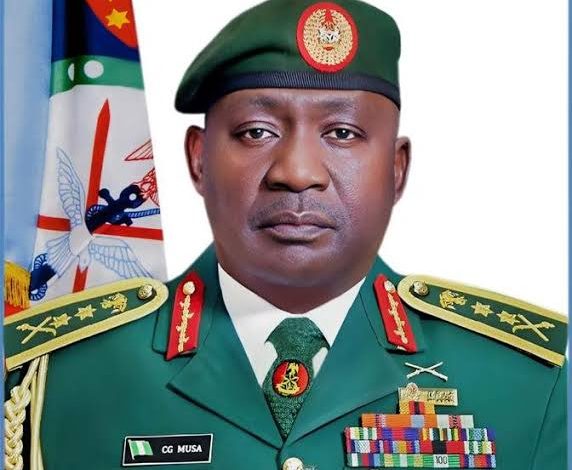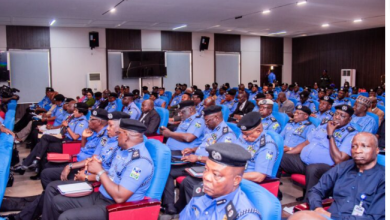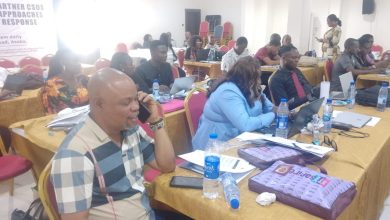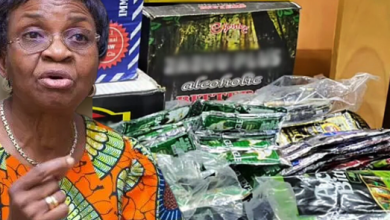Ex-CDS advocates review of terrorism Act, calls for stronger media-security cooperation

Former Chief of Defence Staff, General Lucky Irabor (Rtd), has urged a review of the 2022 Terrorism (Prevention and Prohibition) Act, warning that vague provisions within the law could undermine journalistic independence.
Speaking at the recently concluded Guild of Editors Conference in Abuja, Irabor called for targeted amendments to clarify definitions of terrorism, embed procedural safeguards for arrests, and explicitly protect journalistic confidentiality.
“Within 24 months, targeted amendments should be passed to clarify definitions and reduce arbitrary arrests by at least 50 per cent,” he said.
He noted that such reforms would balance national security imperatives with press freedom, strengthen public trust in both the media and legal institutions, and support investigative journalism that exposes extremist networks and corruption.
Irabor also highlighted the need for structured cooperation between media and security agencies.
He proposed the creation of a National Media–Security Coordination Council (NMSCC) under the Federal Ministry of Information and National Orientation to facilitate intelligence sharing, joint briefings, and access to verified operational information.
“A well-supported, professionally guided, and institutionally protected media is one of Nigeria’s strongest instruments for fostering peace and national security,” he said.
He also recommended the formation of a coordinated task force comprising editors, security agencies, and human rights organisations to develop comprehensive guidelines for reporting on terrorism.
He said these would cover source protection, ethical use of imagery, verification standards, and narrative framing.
The former CDS set a goal for at least 80 per cent of media houses to adopt the guidelines within 18 months, with periodic audits to measure compliance and public trust.
“By embedding these practices, the media can strengthen its watchdog role while avoiding the unintentional amplification of extremist propaganda,” Irabor said.
He added that national guidelines would help reduce friction between government and journalists during crises while protecting democratic freedoms.



